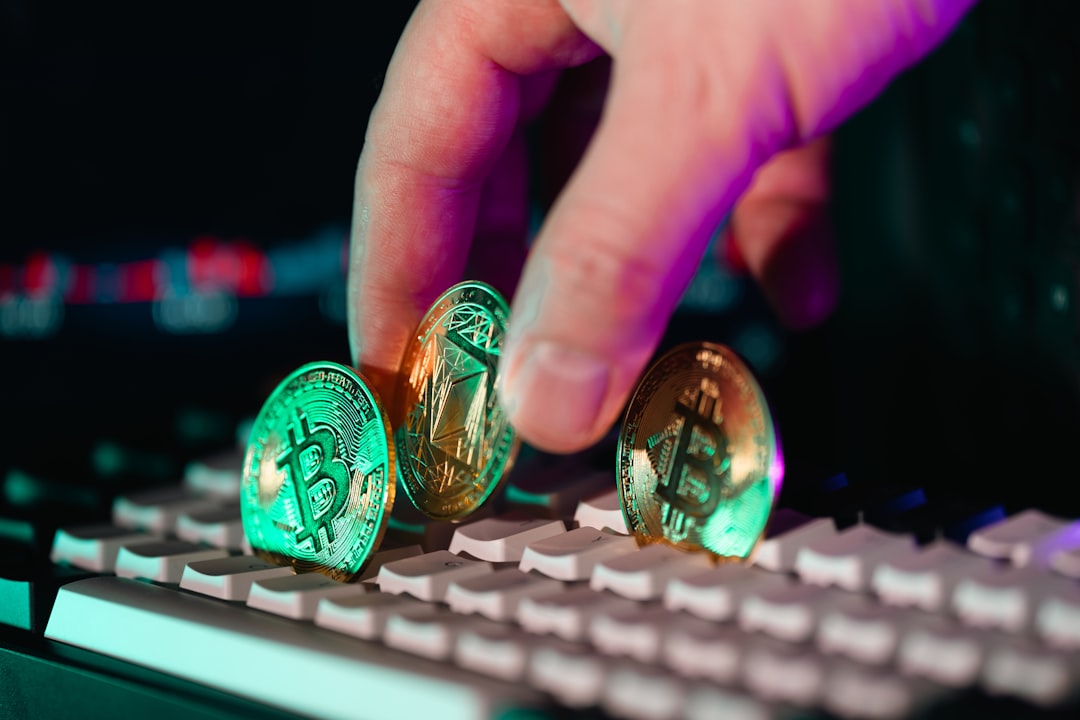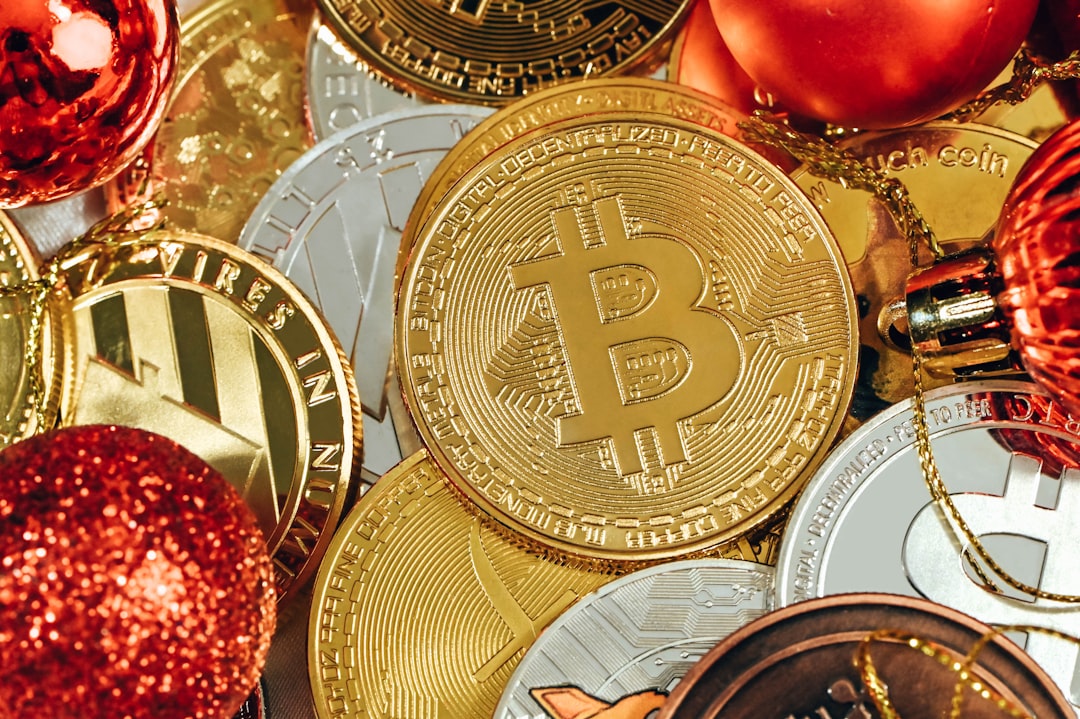
Hong Kong's New Virtual Asset Policy! How to grasp the opportunities and risks for retail investors?
On October 31, 2022, the Hong Kong SAR Government issued a "Policy Declaration on the Development of Virtual Assets in Hong Kong", making it clear that it will promote Hong Kong as an international virtual asset center. This declaration not only paved the way for institutional investors, but also gave the first signal of "allowing retail investors to participate". When the news came out, the market was shocked - cryptocurrency is about to open its doors to the general public from being forbidden to "professional players". But what are the key details and potential risks behind this change?
Virtual Asset "Ticket to Admission" in Three Steps
According to the Policy Declaration, the SFC of Hong Kong intends to open up virtual asset trading to retail investors in phases:
- Virtual Asset Futures ETFs FirstFirst Wave of Eligible Bitcoin, Ether Futures ETFs Opened in Hong Kong
- Uncomplicated STO Release: Allow retail investors to invest in security-based tokens with transparent underlying assets such as tokenized green bonds
- Direct Trading Virtual Currency: Subject to the passage of the Anti-Money Laundering Amendment Ordinance in 2023, the consultation will be launched in 2024 at the earliest.
This means that Hong Kong retail investors will be able to participate in the cryptocurrency market indirectly or directly through regulated platforms in the future. However, the ICBC Asia research report reminds us that the global cryptocurrency market capitalization in 2022 has plunged by 66% from the high point of US$3 trillion, and the price of Bitcoin has even shrunk by 76%, which makes the market far more volatile than that of traditional financial products.
Where is the regulatory red line?
Hong Kong is not the first market to embrace virtual assets, but the FTX exchange debacle (misappropriation of client assets in November 2022 led to the evaporation of a US$32 billion valuation) has set off alarm bells. To balance innovation and risk, the new policy creates multiple firewalls:
Licensing of trading platforms::
- Virtual asset exchanges must apply for a license from the SFC.
- Client assets must be held in independent custody, and misappropriation of funds by the platform is strictly prohibited.
- Mandatory implementation of KYC (Real Name Certificate), anti-money laundering measures
Investor Threshold Restrictions::
- Initially open to "Professional Investors" only (with personal assets of HK$8 million or above)
- Retail investors are required to pass a risk assessment questionnaire to demonstrate basic knowledge.
Product Access Screening::
- Exchange-listed tokens need to meet 12 criteria including liquidity, technical security, etc.
- Prohibit high-risk derivatives such as leveraged tokens and algorithmic stablecoins
Three Real-World Challenges Retailers Must Know
-
Dramatic price fluctuations have become the norm
Taking Bitcoin (BTC) and Ethereum (ETH), the top two markets in terms of market capitalization, as an example, the number of days in 2022 when the one-day upward and downward fluctuations exceeded 10% reached 47 days and 59 days respectively. Compared to Hong Kong's Hang Seng Index, which fluctuated more than 2% on only 12 days in the same period, the crypto market is a textbook of a "roller coaster ride". -
Stable currency may not be "stable
The value of the US dollar-linked Terra USD (UST) evaporated in May 2022 due to a run on the US dollar, valued at 99%. The current top three stablecoins (USDT, USDC, BUSD) account for a market share of 90%, but the transparency of their reserve assets is still being questioned. -
Difficulty in eradicating platform security risks
According to CoinGecko, there have been at least 58 hacking attacks on exchanges since 2014, totaling more than $25 billion in losses. Even licensed platforms are exposed to risks such as technical vulnerabilities and internal fraud.
Hong Kong's New Role in the Web 3.0 Era
Despite the risks, Hong Kong is still seen as a strong contender to become Asia's virtual asset hub:
Asset Management Demand Explosion::
- Hong Kong's Private Wealth Management Reaches HK$10 Trillion, High-Net-Worth Clients Have Strong Demand for Alternative Asset Allocation
- Hong Kong Funds Buying Virtual Assets Through Overseas Platforms Soar 1,250 Times to HK$10 Billion by 2021
Financial infrastructure upgrade::
- Digital Hong Kong Dollar R&D Accelerates, Multilateral Central Banks' Digital Currency Bridge Enters Field Testing Stage
- Blockchain Technology Applied to Trade Finance Platform, Named to Forbes "Blockchain Top 50
Digitization of Arts and Culture::
- NFT opens a new way for artwork authentication and circulation, in line with the positioning of "Center for Chinese and Foreign Culture and Art Exchange".
- The Hong Kong National Palace Museum has launched a pilot scheme to issue limited edition digital collections.
Opportunities or Pitfalls? The Rules of Survival for Retail Investors
In the face of the wave of virtual assets, the ICBC Asia Report puts forward three pragmatic recommendations:
- Strictly adhering to the "small amount test" principle: Initial investment should not exceed investable assets 5%
- Priority selection of regulated productsThe following are some examples: e.g. licensed platform ETFs, tokenized bonds, avoiding OTC trading and anonymous currencies.
- Building an "Anti-FOMO Mentality": The crypto market operates 24 hours a day, avoiding emotional chasing of the market.
Ms. Julia Leung, Deputy Chief Executive of the Hong Kong Securities and Futures Commission (SFC), said bluntly, "Virtual assets are not magic, and investors must be aware of their high-risk nature". In this digital financial revolution, only rationality and discipline can make us the ultimate winners.
Disclaimer: The contents of this article are for informational purposes only and should not be construed as any form of promotion, investment advice, or invitation, solicitation or recommendation of any investment product.
The contents of this article have been reprinted.offensiveIf there is anything wrong, please contact us and we will remove it immediately, thank you.
Readers should make their own assessment and seek professional advice.





